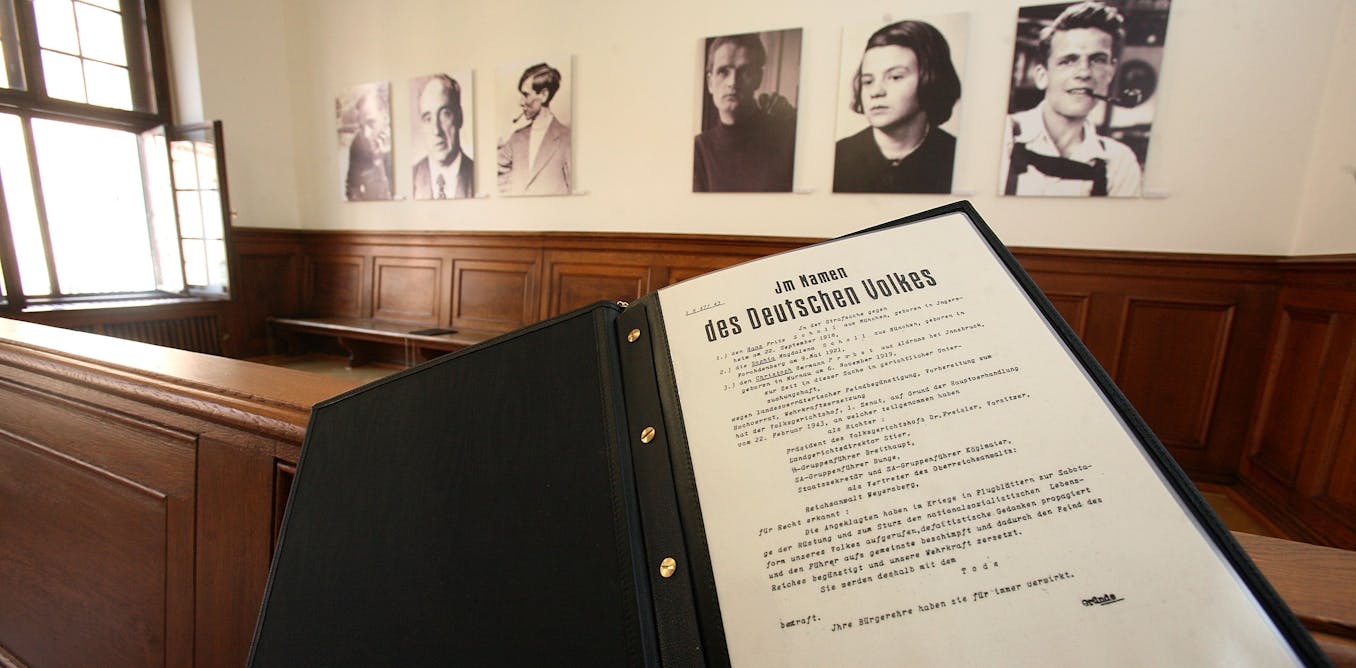
"The White Rose's actions went beyond mere rebellion; they were a profound act of conscience driven by a deep commitment to faith, morality, and humanity."
"Through their pamphlets and discussions, the members of the White Rose exemplified the power of academic inquiry and spiritual growth to challenge oppressive ideologies."
"The teachers and professors played a critical role, not just in their education, but in nurturing their moral courage to stand against tyranny and injustice."
"By examining their writings and personal reflections, we encounter a deeply humanistic endeavor that sought to awaken the German conscience amidst the horrors of the Nazi regime."
The 'White Rose' resistance movement comprised young German students and professors who actively defied Nazi oppression from 1942-1943. Centered around figures like Hans and Sophie Scholl, the group boldly distributed anti-Nazi pamphlets that called for action against Adolf Hitlerâs regime. Their resistance was fueled by deep friendships and shared Christian beliefs, enhanced through scholarly discussions. The movement's legacy highlights the transformative role of educators in shaping student conscience, demonstrating that literature, history, and theology can inspire courageous opposition to injustice and tyranny.
Read at The Conversation
Unable to calculate read time
Collection
[
|
...
]